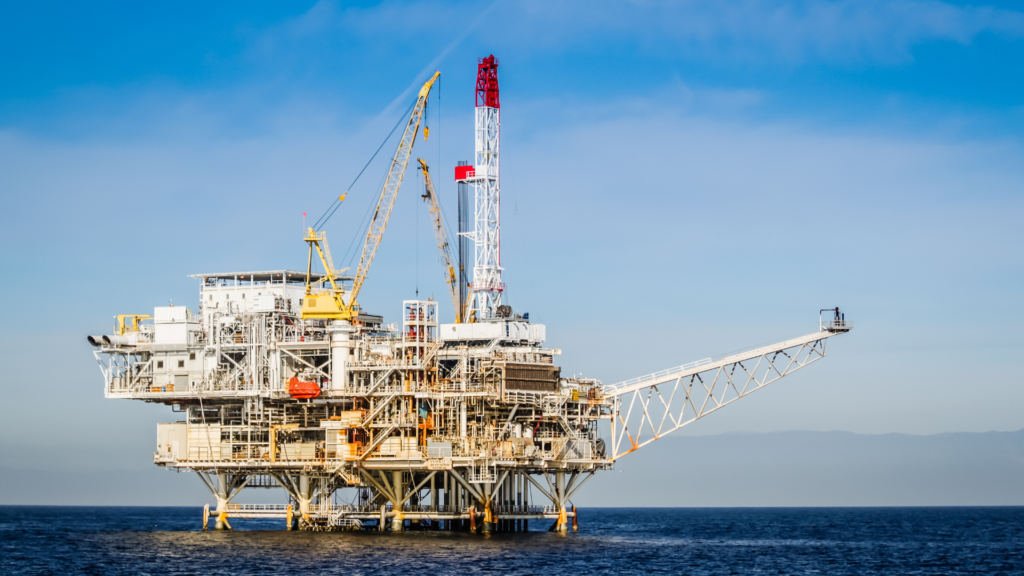Wireless Systems in the Oil & Gas Industry
Wireless systems in the oil and gas industry offer significant improvements in efficiency, safety, and data management. From exploration and production to transportation and refining, wireless technologies have found a multitude of applications in this sector.
The oil and gas industry is characterized by its complex operational demands, remote locations, and stringent safety requirements. Advancements in technology have played a pivotal role in revolutionizing the way these industries operate.
Exploration and Production
Wireless sensor networks have been instrumental in enhancing the efficiency and safety of oil and gas exploration and production. These networks provide real-time data on various parameters such as temperature, pressure, and flow rates. With the help of wireless sensors, companies can monitor equipment health, detect leaks, and ensure preventive maintenance, thereby minimizing downtime and improving overall operational efficiency.

Furthermore, these systems facilitate remote monitoring in challenging terrains. In areas where traditional wired systems are impractical or expensive to install, wireless networks provide a cost-effective solution. They enable seamless communication and data transmission from remote sites, reducing the need for physical inspection and manpower on-site.
Safety and Environmental Monitoring
Safety is a paramount concern in the oil and gas industry. Wireless systems contribute significantly to improving safety measures by enabling continuous monitoring and real-time alerts. For instance, wireless gas detectors can swiftly identify leaks, helping prevent potential hazards and ensuring a rapid response to emergencies. These systems not only protect the workforce but also help in preserving the environment by minimizing the risk of oil spills and gas leaks.
Asset Management and Optimization
Wireless technologies aid in asset management by collecting and analyzing data to optimize operations. Through the Internet of Things (IoT), devices and equipment communicate and share data, allowing for predictive maintenance. Predictive analytics, powered by wireless systems, help in forecasting potential equipment failures and scheduling maintenance, reducing downtime and cutting operational costs.

Communications and Connectivity
Efficient communication is vital in the oil and gas industry, especially in remote locations. Wireless systems provide robust communication networks, enabling seamless data transfer, voice communication, and video conferencing. These networks improve collaboration among teams, leading to quicker decision-making and enhanced operational agility.
Challenges and Future Outlook
Despite their numerous benefits, wireless systems in the oil and gas industry face challenges such as cybersecurity risks, connectivity issues in remote areas, and concerns about reliability. Addressing these challenges is critical to further the adoption and effectiveness of wireless technologies in this sector.
Looking ahead, the future of wireless systems in the oil and gas industry appears promising. Advancements in technologies like 5G and AI will further enhance the capabilities of wireless systems, making them more resilient, secure, and efficient.
The Right Team
Given the importance of wireless systems and the complexity of installing these systems in the oil and gas industry, it is important to get the right professional help. Transceivetech is a part of Vivo Asia Engineering, a Singaporean company specialising in the installation of Telecom, IT and ELV systems for the oil and gas industry.
